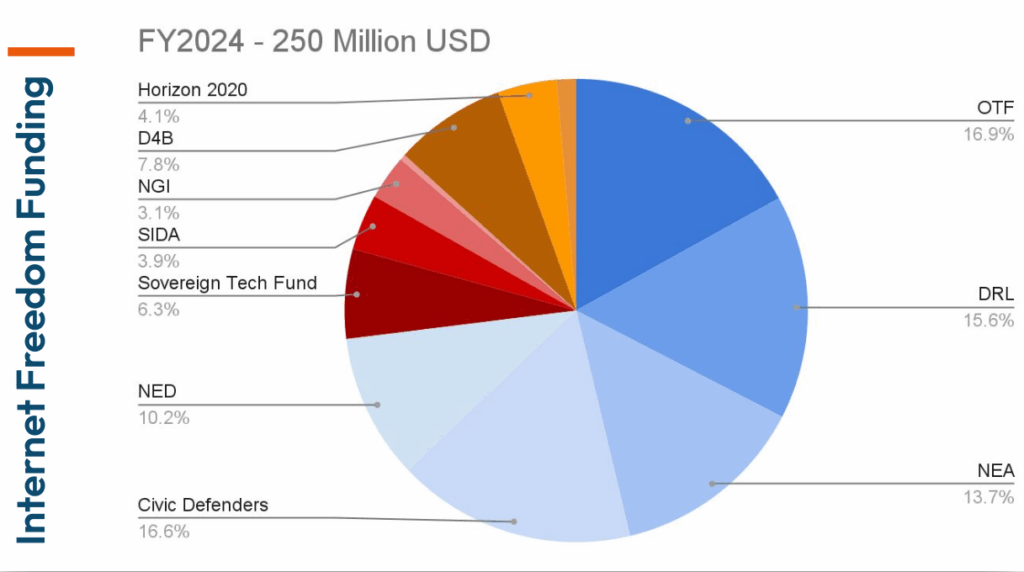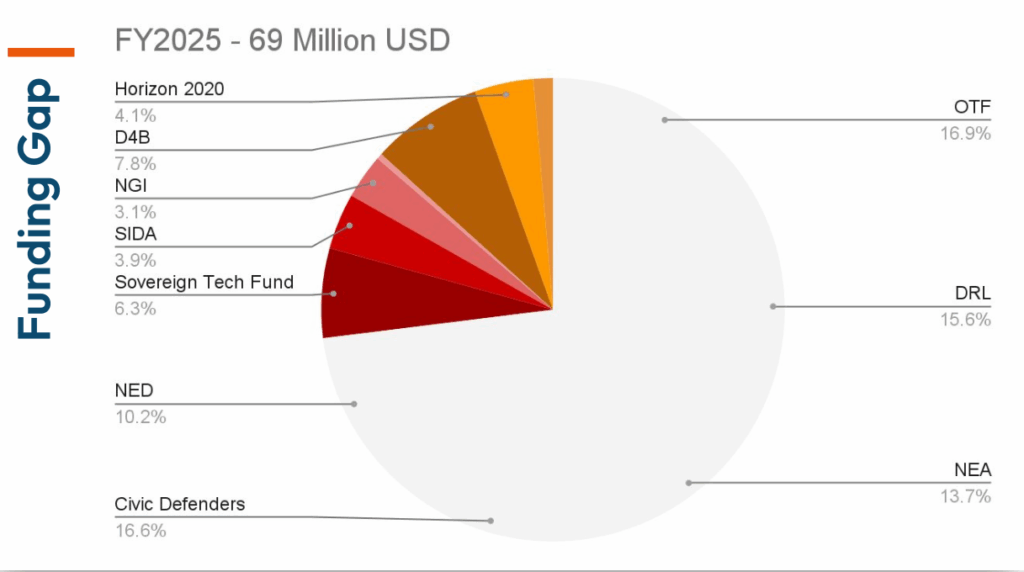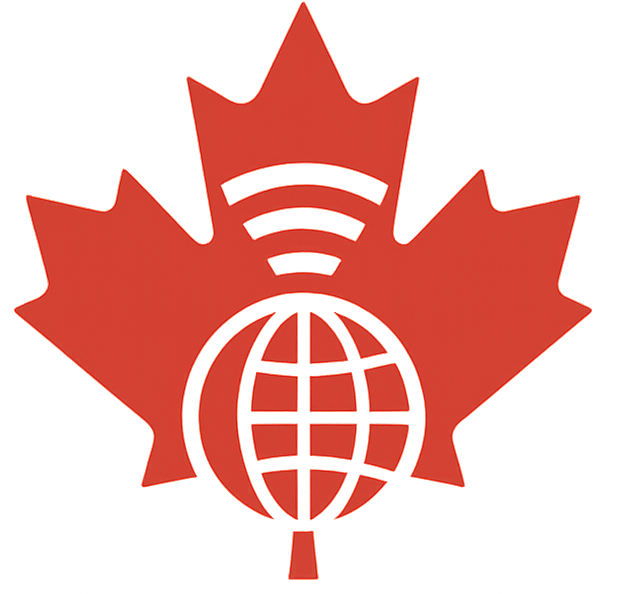Outcomes from the Canadian Digital Resilience Forum
On May 21st, eQualitie and partners hosted the inaugural forum on Canadian Digital Resilience, convening government, industry and academia in Ottawa for an in-depth discussion focused on improving Canadian digital resilience at home, and abroad.
Jump to: Press conference > Digital Resilience Forum > Who was there > International focus > Elephant in the room > Digital Resilience Fund > Join the campaign!
Key takeaways
- At home, digital resilience is foundational to national sovereignty. Protecting Canadians’ data and privacy under local jurisdiction requires government investment in a homegrown digital services sector – including internet providers, cloud infrastructure, fintech, and AI – supported by consumer-focused tax incentives. This is Canada’s opportunity to build a CanTech response to BigTech, creating local jobs and economic value.
- Abroad, resilience means defending democracy, human rights, and human security online. These values demand urgent attention as digital authoritarianism expands and global power dynamics shift.
- Education is the starting point. Building digital awareness and capacity across public, private, and government sectors. Embedding these principles into policy and investment strategies will not only grow a strong local industry, but also help counter transnational digital repression.
- If Canada wants a say in its digital future, and that of the global internet, it must invest in long-term, scalable solutions that uphold digital self-determination and align with foreign policy and security goals.
- Canada is uniquely positioned to be a thought and action leader of digital resilience, together with its European and global allies.
Press conference
The day began with a press conference on Parliament Hill, featuring a public call and rationale for greater government focus and investment in Canadian digital resilience.
“We need to move beyond emergency funding and short-term, programmatic thinking,” concluded eQualitie’s founder Dmitri Vitaliev. “If Canada wants to influence its digital destiny and that of the modern internet, then it must invest in long-term digital solutions that strengthen digital rights as part of its broader foreign policy and security commitments.“
Digital Resilience Forum
During the afternoon forum, participants raised a core question: in a time of increasing geopolitical instability, big tech platform domination and coordinated transnational digital repression, what does resilience mean for a G7 democracy? Speakers argued that Canada has the physical infrastructure, legal frameworks, and civic values required to lead but lacks cross-government initiative and a domestic digital services industry. From cloud computing, to web hosting and public communication platforms, participants noted that Canadian government, business and civil society remain overwhelmingly reliant on foreign providers, with most core infrastructure and personal data stored (and governed) outside of Canadian jurisdiction.
Who was there
- Global Affairs
- Heritage
- Shared Services
- ISED
- DND
- Public Safety
- RCMP
- Foreign Embassies
- Industry
- Civil Society
- Academia
- Think tanks
Several government officials, speaking under Chatham House Rule, underscored the growing urgency of advancing digital resilience and acknowledged that Canada is beginning to meet the moment. While efforts to address foreign interference have accelerated, including the creation of a dedicated open-source monitoring unit during the last general election, officials emphasized that this progress is only a starting point. The unit was designed to fill critical gaps in data access, geographic coverage, and public communication, and its deployment marks a shift toward more transparent, preventative governance.
“We can’t keep waiting for a breach to inform the public,” noted one participant, calling for “stronger, permanent institutional capacity across departments.“
International focus
Canadian non-profits are already helping shape digital resilience on the global frontlines. The SecDev Foundation shared its experience supporting over 30,000 human rights defenders and civil society groups in 26 countries through digital harm response, preventative training, and the CyberStar program, a practical security framework for community-based organizations with no IT staff.
“Our Canadian identity – including a multilingual, multicultural team – allows us to engage deeply with the communities we serve,” said Deirdre Collings, executive director of SecDev Foundation. “We are trusted, and that trust is a strategic asset.”
Women on Web, a Canadian nonprofit that provides telemedicine abortion access in over 180 countries, spoke about the role that Canadian technology plays in keeping their services online in the face of state censorship and politically motivated takedowns. Through strategic partnerships with eQualitie, their websites now operate on resilient infrastructure protected against DDoS attacks and network blockages.
“Abortion is healthcare,” said Venny Ala-Siurua, executive director of Women on Web. “And in most of the world, access now depends on internet freedom.”
Elephant in the room
We’re seeing a clear reduction in U.S. engagement and significant cuts to international programs and institutions that once led the fight against digital authoritarianism. This creates both a gap and an opportunity.


With the United States retreating from supporting internet freedom programming, forum participants argued that Canada has both the opportunity and responsibility to assume a stronger leadership role, joining its European allies in setting up new funding programs to fill the growing gap.
“We don’t need a new magnet, we need a constellation. Canada can help shape it,” noted Chris Beal, senior fellow at MIGS.
Towards a Strategic Investment in Canadian Digital Resilience
The forum closed with a call for a comprehensive national strategy linking domestic procurement reform, public-interest digital infrastructure, and foreign policy alignment. Participants stressed that such a strategy must treat digital resilience not as a sectoral issue, but as a matter of national interest — rooted in sovereignty, privacy, public trust, and human rights.
Together with ASl19, MIGs, SecDev Foundation, Web Hosting Canada, Easy DNS, eQualitie is launching a national campaign to establish a Digital Resilience Fund. We are calling on Canadian organisations across public-interest technology, civil society, cybersecurity, and international development to join us.
Digital Resilience Fund will:
- Attract, retain, and grow talent in Canada’s open-source and civic tech communities, strengthening Canada’s leadership in ethical and transparent digital innovation.
- Support small and medium-sized enterprises, cooperatives, and independent developers who are building trusted, rights-respecting, and interoperable technologies aligned with Canadian values.
- Strengthen privacy and data protection in practice, not just in principle, by ensuring the development and accessibility of tools that bring these standards to life for everyday users.
- Offer credible, public-interest alternatives to dominant US-based platforms, reducing Canada’s dependency and reinforcing its digital autonomy.
- Enhance geopolitical resilience by fostering a diverse and trustworthy digital ecosystem that citizens, institutions, and governments across Canada can rely on.
Resilience is more than VPNs and firewalls. It’s about the infrastructure and systems we own, understand, and control. It’s not something we buy, it’s something we build.







